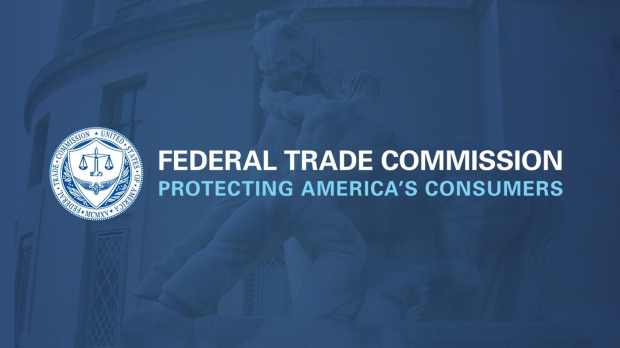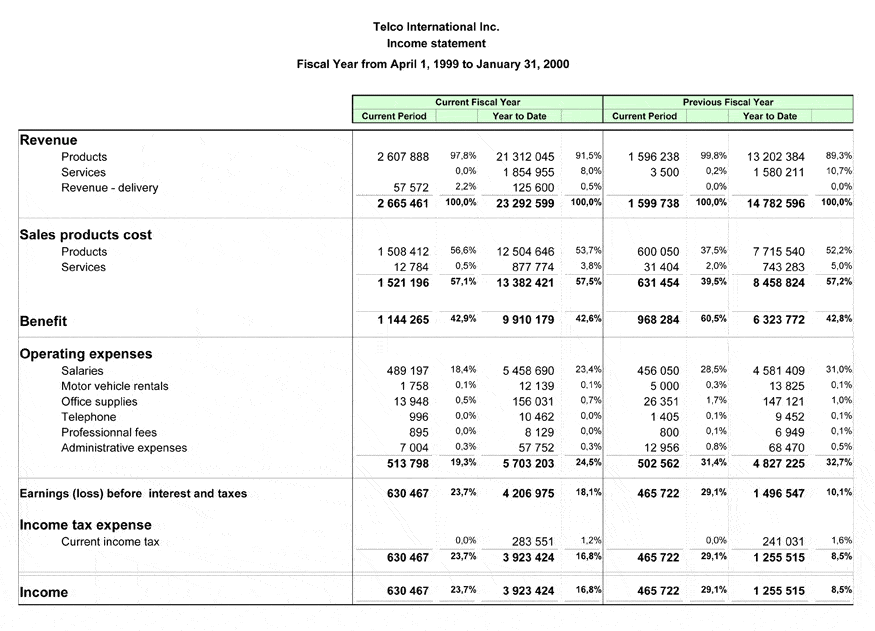American Battleground: Wealth, Power, And The Fight For Control

Table of Contents
The Historical Roots of the American Power Struggle
The fight for control in America is deeply rooted in its history, a legacy of inequality woven into the very fabric of the nation.
Colonial Era and the Establishment of Economic Inequality
From its inception, America’s economic landscape was marred by profound inequality. The colonial era witnessed the brutal institution of slavery, which generated immense wealth for a privileged few while denying basic human rights to millions. Land ownership was heavily skewed, concentrating power and resources in the hands of a select elite.
- Examples of early economic disparities: Vast disparities in land ownership between wealthy planters and indentured servants/enslaved people.
- The role of mercantilism: British colonial policies enforced a system that enriched the mother country at the expense of the American colonies, further exacerbating existing inequalities.
- Lasting legacies of colonial power structures: These early inequalities laid the groundwork for future economic disparities and continue to impact social and economic structures today.
The Gilded Age and the Rise of Industrial Titans
The late 19th century, known as the Gilded Age, witnessed an unprecedented accumulation of wealth by industrial titans like John D. Rockefeller and Andrew Carnegie. This era saw the rise of monopolies, creating immense power imbalances and sparking fierce labor unrest.
- Key figures (Rockefeller, Carnegie, etc.): These industrialists amassed enormous fortunes through ruthless business practices, often at the expense of workers and competitors.
- Rise of monopolies: Monopolies stifled competition and allowed for the exploitation of workers and consumers, concentrating wealth and power in the hands of a few.
- Labor movements and their struggles: The rise of industrial giants led to the formation of powerful labor movements fighting for better wages, working conditions, and the right to organize.
The 20th and 21st Centuries: Shifting Power Dynamics
The power struggle continued to evolve throughout the 20th and 21st centuries. The Great Depression exposed the fragility of the economic system and highlighted the devastating consequences of unchecked wealth concentration. Globalization and the rise of finance capital further shifted the landscape of power.
- Post-war economic boom: While the post-World War II era saw a period of relative prosperity, the benefits were not equally distributed, leading to ongoing inequalities.
- The rise of multinational corporations: Multinational corporations wield immense economic and political influence, often operating beyond the reach of national regulations.
- The impact of technological advancements on wealth distribution: Technological advancements have often exacerbated wealth inequality, creating new opportunities for some while displacing others.
Wealth Concentration and its Impact on American Society
The consequences of extreme wealth concentration are far-reaching and profoundly impact American society.
The Growing Gap Between Rich and Poor
Income inequality in America has reached staggering levels. The gap between the wealthiest and the poorest continues to widen, undermining social mobility and creating a deeply stratified society.
- Statistics on wealth distribution: Data reveals a stark concentration of wealth at the top, with a small percentage of the population holding a disproportionate share of the nation's assets.
- Impact on social mobility: The widening wealth gap makes it increasingly difficult for individuals to improve their socioeconomic status, regardless of their hard work and talent.
- Effects on healthcare, education, and infrastructure: Wealth inequality has a detrimental effect on access to quality healthcare, education, and crucial infrastructure, further exacerbating existing disparities.
Political Influence of Wealthy Elites
Money plays a dominant role in American politics. Lobbying efforts, campaign finance, and Super PACs allow wealthy elites to exert significant influence over policy decisions.
- Examples of lobbying efforts: Powerful lobbying groups representing corporate interests heavily influence legislation, often at the expense of public good.
- The impact of campaign donations: Large campaign donations provide wealthy individuals and corporations with access and influence within the political system.
- The revolving door between government and industry: The frequent movement of individuals between government positions and lucrative jobs in the private sector raises concerns about potential conflicts of interest.
The Erosion of Democracy and Civic Engagement
Wealth concentration can undermine democratic principles and reduce citizen participation. The influence of money in politics can lead to policies that favor the wealthy and powerful, at the expense of the broader population.
- Decreased voter turnout: A sense of powerlessness and disengagement can lead to lower voter turnout, weakening democratic accountability.
- The influence of corporate media: Corporate control over media outlets can shape public discourse and limit the diversity of perspectives available to citizens.
- The rise of political polarization: Wealth inequality can contribute to political polarization, making it more difficult to find common ground and address pressing societal challenges.
Strategies for a More Equitable America
Addressing the American Battleground requires a multi-pronged approach focused on creating a more equitable society.
Progressive Taxation and Wealth Redistribution
Progressive tax policies, including wealth taxes, could help to redistribute wealth and reduce inequality.
- Arguments for and against wealth taxes: Debates surrounding wealth taxes involve considerations of economic efficiency, fairness, and potential impacts on investment and capital formation.
- The effectiveness of progressive income tax systems: Progressive income tax systems, where higher earners pay a larger percentage of their income in taxes, are a key tool for addressing income inequality.
- Examples from other countries: Several countries have successfully implemented progressive tax systems and wealth taxes, providing valuable lessons for the United States.
Strengthening Labor Unions and Workers' Rights
Empowering labor unions and protecting workers' rights is crucial for promoting fair wages and improving working conditions.
- The decline of union membership: The decline in union membership has weakened workers' bargaining power and contributed to wage stagnation.
- The impact of right-to-work laws: Right-to-work laws weaken unions and reduce workers' ability to collectively bargain for better wages and benefits.
- Strategies for revitalizing the labor movement: Strategies for strengthening unions include increased organizing efforts, legislative reforms, and public awareness campaigns.
Campaign Finance Reform and Increased Transparency
Reducing the influence of money in politics and increasing transparency in campaign finance is essential for strengthening democratic institutions.
- Proposals for campaign finance reform: Proposals for reform include limiting campaign contributions, increasing transparency of political spending, and establishing public financing of elections.
- The role of independent oversight: Independent oversight bodies are crucial for ensuring compliance with campaign finance laws and investigating potential violations.
- The importance of public funding of elections: Public funding of elections can reduce reliance on private donations and level the playing field for candidates.
Conclusion: Understanding the American Battleground
The American Battleground of wealth and power is a complex and enduring struggle with far-reaching consequences. This article has explored the historical roots of this conflict, the profound impact of wealth concentration on American society, and potential strategies for achieving a more equitable distribution of resources and power. Understanding these dynamics is critical for building a more just and inclusive society.
Key takeaways include the persistent legacy of historical inequalities, the devastating impact of wealth concentration on social mobility and democratic institutions, and the urgent need for policy changes to address these challenges. Strategies like progressive taxation, strengthening labor unions, and campaign finance reform are crucial steps toward a more equitable America.
Understanding the complexities of the American Battleground requires ongoing engagement. Learn more, get involved, and contribute to the fight for a more equitable America. Let's work together to reshape this American Battleground into a landscape of opportunity for all.

Featured Posts
-
 Trade Wars And Gold Why Bullion Prices Are Surging
Apr 26, 2025
Trade Wars And Gold Why Bullion Prices Are Surging
Apr 26, 2025 -
 5 Key Dos And Don Ts To Succeed In The Private Credit Market
Apr 26, 2025
5 Key Dos And Don Ts To Succeed In The Private Credit Market
Apr 26, 2025 -
 Securing A Switch 2 Preorder My Game Stop Queuing Story
Apr 26, 2025
Securing A Switch 2 Preorder My Game Stop Queuing Story
Apr 26, 2025 -
 Ftc To Appeal Microsoft Activision Merger Ruling
Apr 26, 2025
Ftc To Appeal Microsoft Activision Merger Ruling
Apr 26, 2025 -
 How Tariffs Affected Colgate Cl A Detailed Financial Report
Apr 26, 2025
How Tariffs Affected Colgate Cl A Detailed Financial Report
Apr 26, 2025
